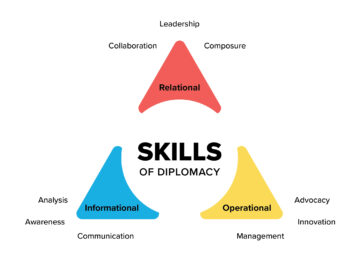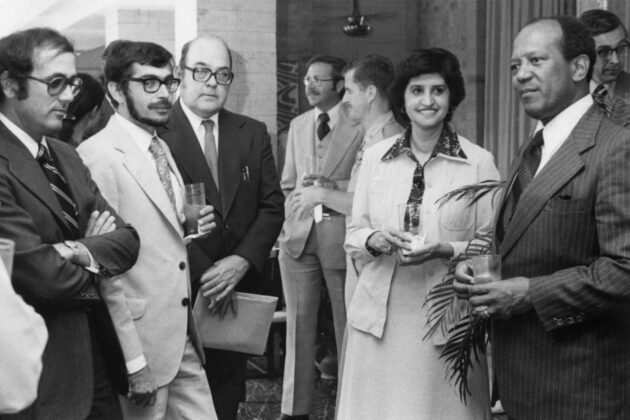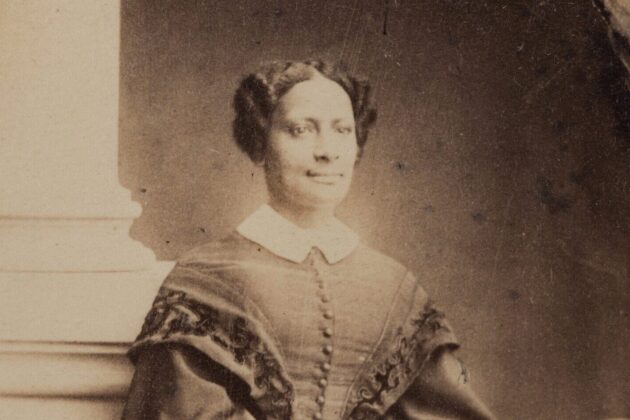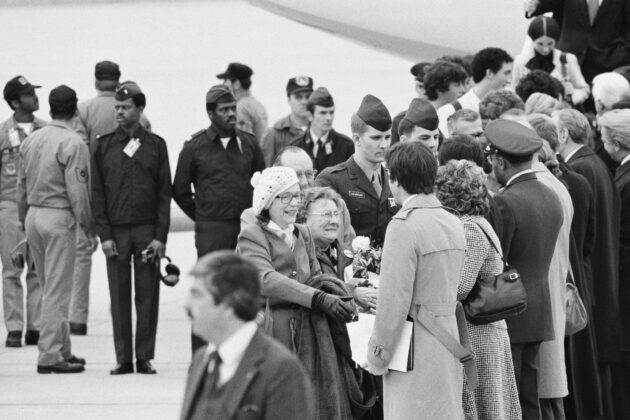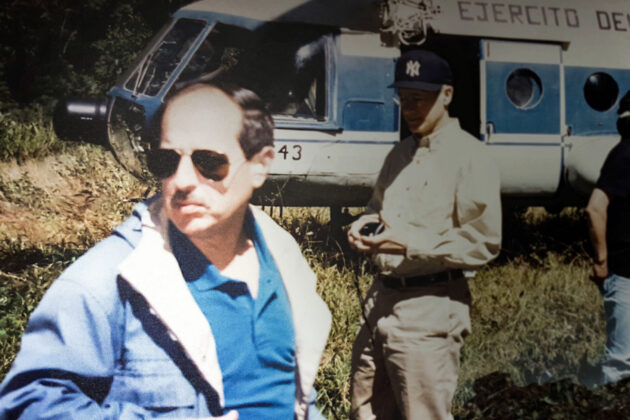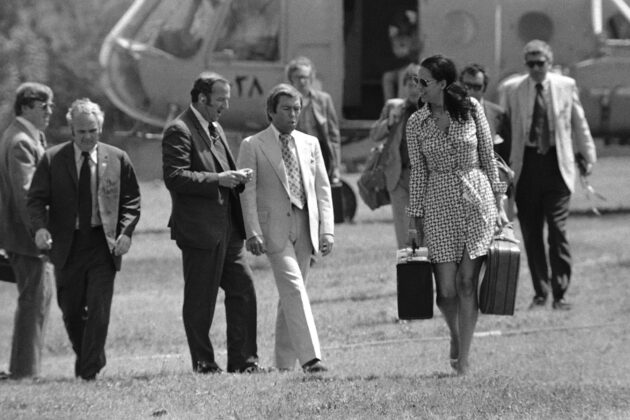Diplomacy is the art and practice of building and maintaining relationships and conducting negotiations with people using tact and mutual respect. U.S. diplomats use the skills and tools of diplomacy to protect and promote U.S. security, prosperity, and democratic values and shape an international environment in which all Americans can thrive. Diplomacy skills complement national, state, and district outcomes dedicated to preparing students for success in the 21st century.
The nine skills of diplomacy fall into three different categories: informational, relational, and operational. Learn about these different skills and explore examples of each below.
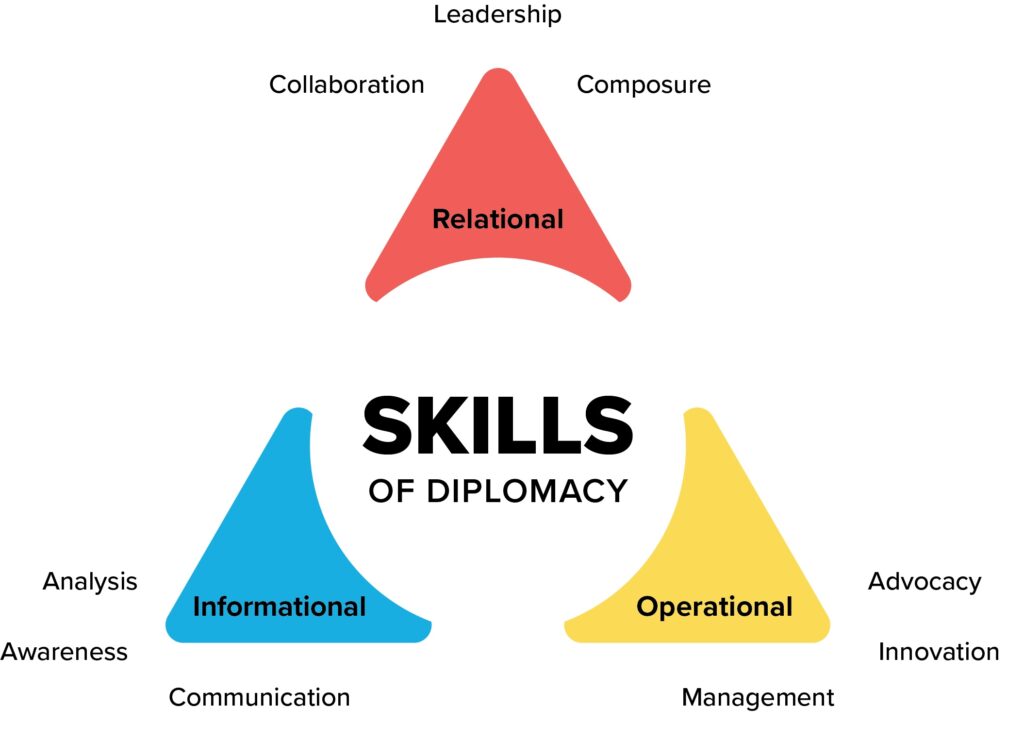
Informational Skills
Informational skills are required to determine how to approach a situation.
Analysis
Analysis is the ability to study and think critically about situations.
- Frederick Douglass’ mission to represent the United States in newly independent Haiti.
- The difficulty in understanding a crisis situation during the Spanish-American War.
Awareness
Awareness is the ability to respect different cultures and customs. Diplomats with the awareness skill recognize when situations and circumstances are changing and adapt to meet that change. Awareness is also being aware of what you do not know or understand and knowing how your behavior affects others.
- Ambassador Edward Perkins’ recognition of the cultures around him.
- The Ambassadors Fund for Cultural Preservations and the appreciation for tangible and intangible heritage.
Communication
Communication is the ability to articulate your position and listen openly to others’ viewpoints. Determine where interests overlap. Those with communication skills can also confirm positions and use clear and appropriate language to avoid misunderstandings.
- James Leander Cathcart mastering languages and cultural change in the Barbary Pirate Hostage Crisis.
- Jimmy Carter allowing open conversations during the Camp David Peace Accords.
Relational Skills
Relational skills are what is required to work successfully with others.
Leadership
Leadership is the ability to make decisions using what information is available. Leaders keep the big picture in mind and take steps to fill gaps in knowledge and understanding.
- Ambassador Aurelia Brazeal leading by example at her diplomatic posts.
- Secretaries of State’s road to the White House.
Collaboration
Collaboration is the ability to incorporate the ideas of others and find common ground. Collaborating involves taking cues from others when formulating responses and making proposals.
- Diplomats working together to evacuate the embassy during the Fall of Saigon.
- The State Department’s multilevel approach to combat wildlife trafficking.
Composure
Composure is the ability to work with others in a professional manner and calmly deal with the range of attitudes and behaviors exhibited by counterparts, difficult partners, and adversaries.
- Kate Koob’s calm actions and reactions during the Iran Hostage Crisis.
- Ambassador Lino Gutiérrez’s experience in times of diplomatic crisis.
Operational Skills
Operational skills are what is required to take action.
Management
Management is the ability to use the skills and strengths of team members. Know what tools and resources are available to help meet goals.
- Ambassador Mari-Luci Jaramillo’s cultivation of skills, life experiences, and personal connections
- President Eisenhower’s effort to weigh different perspectives and concerns during the Suez Canal Crisis.
Innovation
Innovation is the ability to formulate alternatives and be flexible in responses to unanticipated circumstances.
- The use of ‘ping-pong diplomacy’ to establish ties between China and the U.S. in 1971.
- Ambassador Jean Wilkowski’s practice of jazz diplomacy in Zambia.
Advocacy
Advocacy is the ability to speak on behalf of and pursue the goals and mission. Speak up for those who are not in a position to advocate for themselves.
- Sarah Parker Remond’s fight across the globe to end slavery in the United States.
- Ambassador Terence A. Todman’s push for equality at home and abroad.
You and the Skills of Diplomacy
These skills are practiced and acquired over a lifetime of practice. You may find that you already practice some of these skills in your day-to-day life. Do you talk through differences with your roommates about cleaning common areas? Do you keep a level head in tense conversations with classmates with whom you may disagree? What other ways have you practiced diplomacy?
Diplomacy is a practice that is not reserved just for ambassadors. Everyone has the ability to engage in this art form, especially through the 9 skills of diplomacy.
Explore Stories of Diplomacy Skills in Action
Story of Diplomacy
The Diplomatic Skills of Ambassador Terence A. Todman
Diplomacy skills are not just any skills. They are the specific skills diplomats employ to succeed in their duties. To help the public demystify the…
Story of Diplomacy
Sarah Parker Remond: Citizen Diplomacy and the Emancipation Proclamation as Foreign Policy
When the Civil War erupted in April of 1861, President Abraham Lincoln and Secretary of State William Seward’s official reason for the war was to…
Story of Diplomacy
Kate Koob: Courage and Composure
In July 1979 Kate Koob arrived as a Foreign Service Officer in Iran — a country in the throes of a massive political and social revolution. When the embassy was captured that November, Koob would be held hostage for 444 days.
Story of Diplomacy
Diplomacy through Many Storms: Ambassador Lino Gutiérrez
When Lino Gutiérrez joined the U.S. Foreign Service in 1977, he found himself to be the only Latino in his class. At that time, Hispanic…
Story of Diplomacy
The Composure and Leadership of Ambassador Aurelia Brazeal
Serving 41 years in the United States Foreign Service, Ambassador Aurelia Erskine Brazeal was the first African American woman to be appointed ambassador by three…
